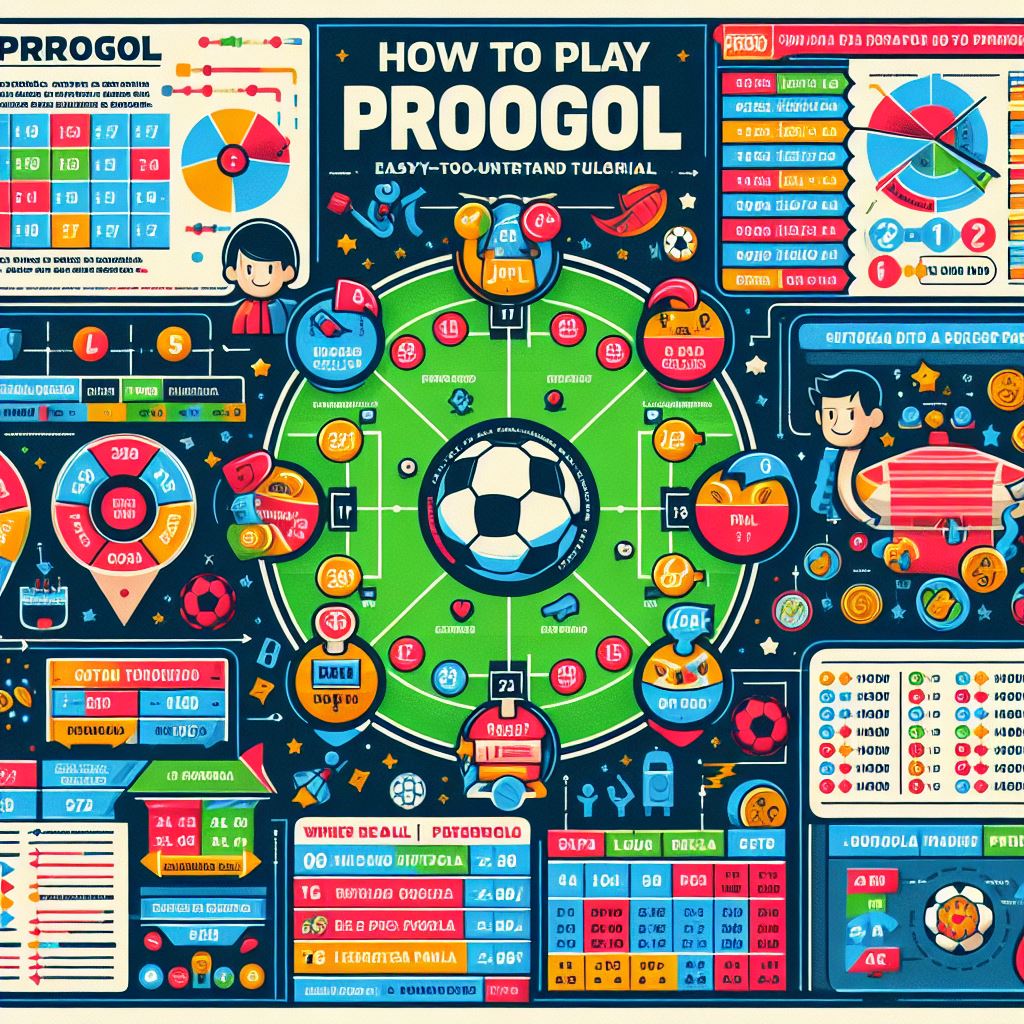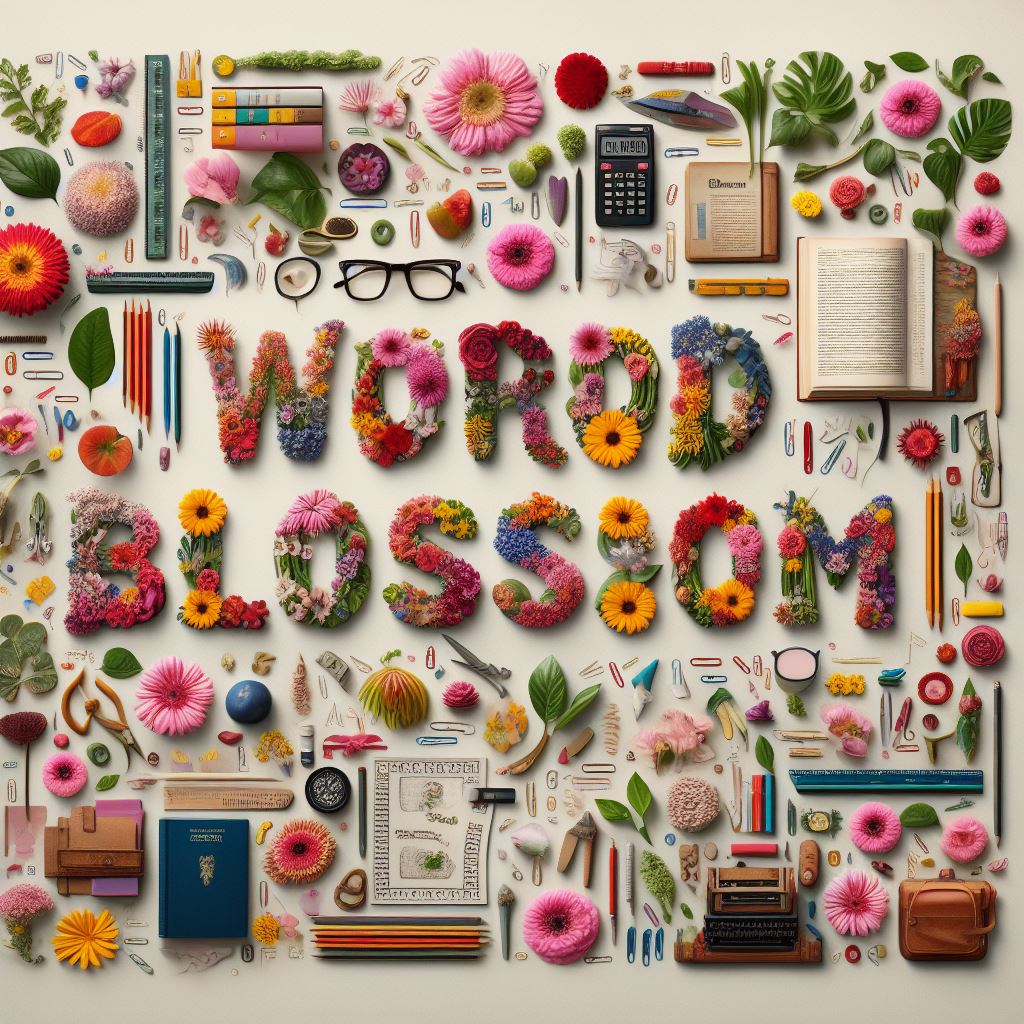In today’s digital age, social media has become a powerful tool for communication, connectivity, and, unfortunately, controversy. The Lexi Bonner incident stands as a stark reminder of both the positive and negative impacts of social media on our society. Let’s delve deeper into the lessons we can learn from this unfortunate event.
The Incident: A Shocking Revelation
The story began when a video went viral depicting Lexi Bonner, a British teenager, and several others engaging in disturbing behavior towards an 8-year-old boy with autism. The footage showed the child being mistreated, dragged, and mocked, sparking outrage across social media platforms. This incident quickly became a focal point for discussions on bullying, disability rights, and the responsibilities of individuals in our communities.
Social Media Outrage: A Force for Change
One of the most profound aspects of the Lexi Bonner incident was the immediate and widespread outrage it generated. Social media platforms became arenas for public condemnation, calls for justice, and demands for accountability. The collective voice of concerned individuals, amplified by the viral nature of the video, pushed authorities to investigate and take action swiftly.
Legal and Social Consequences
As the incident gained traction online, it also led to real-world consequences for those involved. Lexi Bonner and others faced not only public scrutiny but also potential legal repercussions. The incident highlighted the legal complexities surrounding bullying and mistreatment, especially when vulnerable individuals are targeted. It underscored the importance of laws and policies that protect the rights and well-being of all individuals, regardless of their background or circumstances.
Community Response and Reflection
In response to the incident, communities and organizations rallied around the child and his family, offering support and solidarity. Schools and local authorities reinforced their commitment to creating safe environments and implementing anti-bullying measures. The incident prompted conversations about the need for better education on empathy and understanding, particularly towards individuals with disabilities.
Media Literacy and Responsibility
The Lexi Bonner incident also raised important questions about media literacy and responsible online behavior. It highlighted the need for individuals to critically evaluate and verify information before sharing or reacting to content online. The viral spread of the video served as a reminder of the potential consequences of sharing sensitive or controversial material without context or consideration for those involved.
Moving Forward: Building a Safer Online Community
As we reflect on the lessons from the Lexi Bonner incident, it becomes clear that social media can be a force for positive change when used responsibly. It empowers individuals to speak out against injustice, raise awareness about important issues, and hold others accountable for their actions. However, it also requires careful navigation to avoid perpetuating harm or misinformation.
Moving forward, there is a collective responsibility to promote kindness, respect, and empathy in our online interactions. This includes advocating for stronger safeguards against bullying and discrimination, supporting initiatives that promote digital literacy and responsible online behavior, and fostering inclusive communities where everyone feels safe and valued.
Conclusion
The Lexi Bonner incident serves as a poignant reminder of the complexities and consequences of social media in our modern world. It prompts us to consider how we can harness its power for positive change while mitigating its potential for harm. By learning from this incident and taking proactive steps to promote a safer and more compassionate online community, we can work towards a future where everyone can thrive, both online and offline.
As we continue to navigate the digital landscape, let us remember the lessons of empathy, responsibility, and accountability that emerge from incidents like this. Together, we can create a more inclusive and respectful society, where every voice is heard and every individual is valued.



